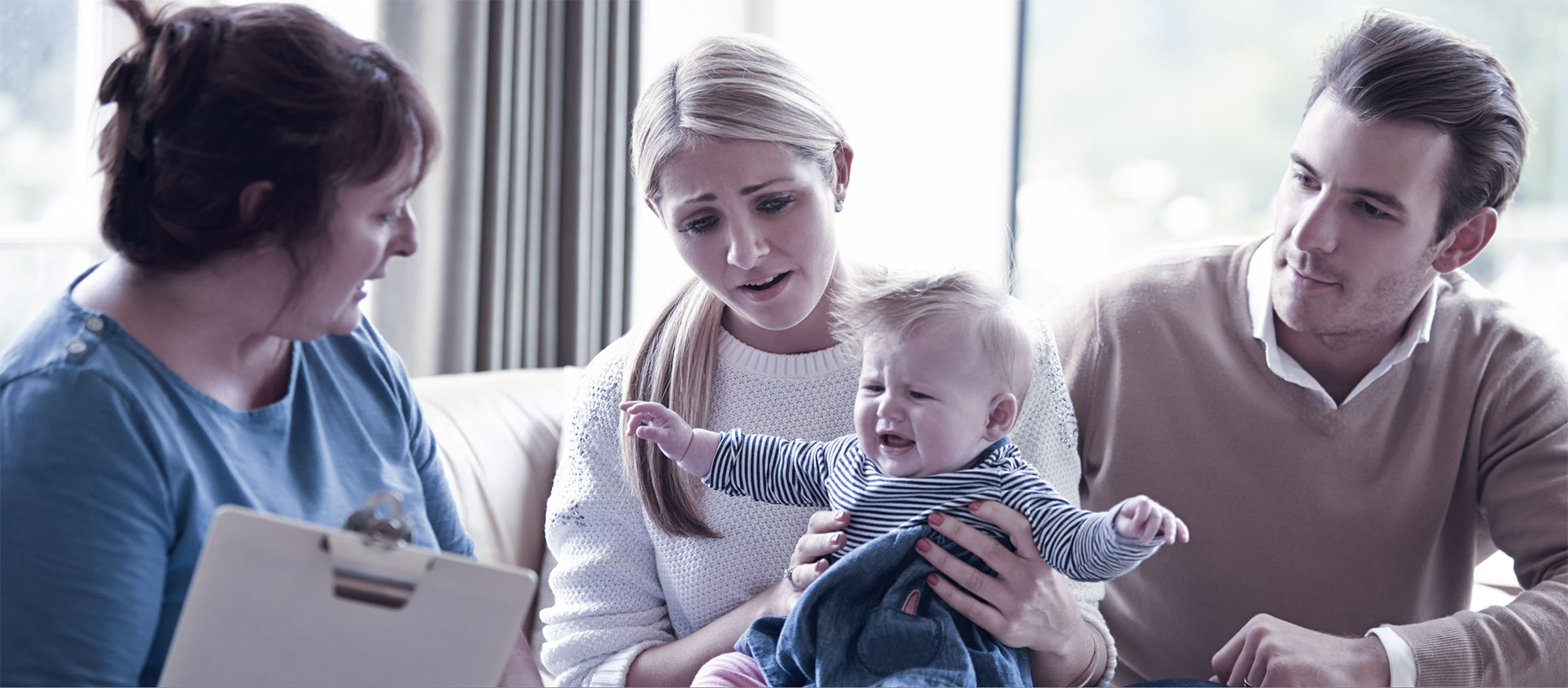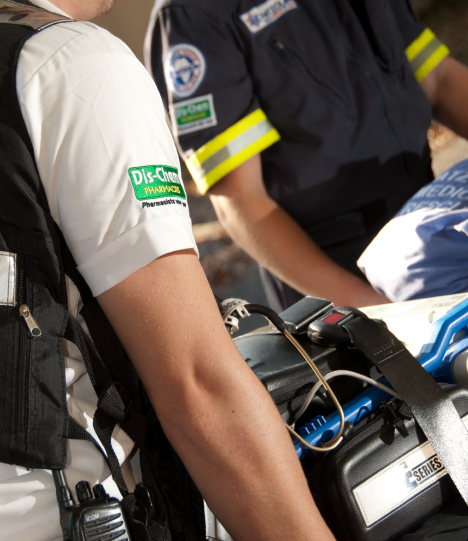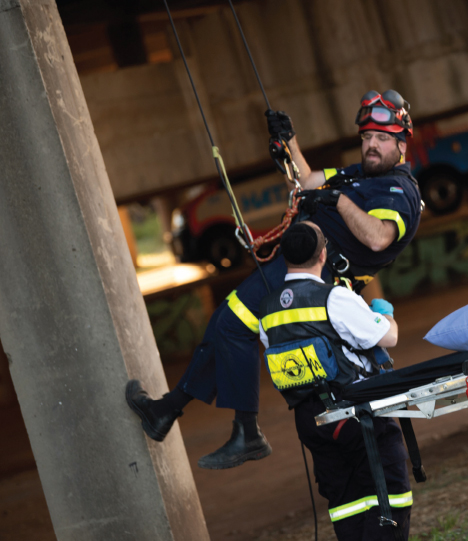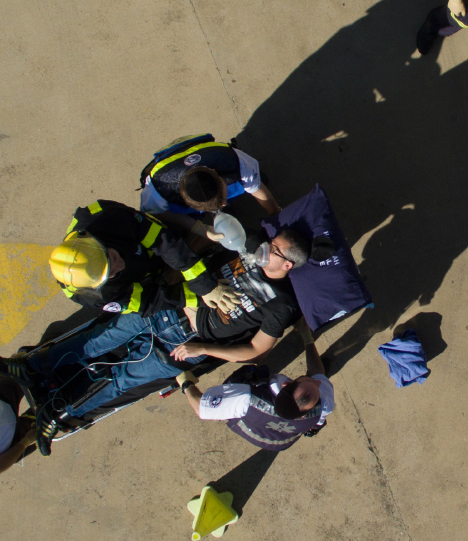Can dads suffer from postpartum depression

The WHO has placed huge emphasis on the identification and treatment of postnatal depression (PND) but little has ever been said about the male experience of PND. There has been work done that has shown the presence of postnatal blues in fathers after the birth of a child. Recent research has shown that fathers can and do suffer from postnatal depression as opposed to the blues.
The research suggests that the diagnosis of male postnatal depression is estimated to involve 10% of new fathers, possibly higher. The reason this topic is now seen as vitally important is that the male postnatal depression has a significantly negative impact on the family relationships, both with the spouse and with the new child; as well as the mental health of the father in all the different facets of his life. We see that during a woman’s pregnancy a man’s testosterone levels decrease and there is an increase in estrogen, cortisol, vasopressin, and prolactin. These hormonal changes can exacerbate postnatal depression symptoms.
The arrival of a new child is as much an unknown entity to the father as to the mother. For most parents parenting does not come naturally and there are no manuals that provide the perfect guide for effective parenting. New fathers face increased demands on their time; they need to be supportive of the home environment and of their wife who has been through an ordeal of her own, but they also need to devote their usual energy to work and out of home demands.
When it comes to mental health, men are often unable to show any vulnerability and often choose to suffer in silence, not realizing the impact this has on themselves and on their families. Often symptoms of PPD in men are misinterpreted as stressors associated with a new baby at home.
Research has shown that when fathers are depressed, they often become the “strict” parent, to the point of being too punitive. We often see children showing mental health distress at all ages in early development. This usually affects male children more than female children. Fathers can become very aggressive to their child, to the point where they may not feel that they even like their child.
Some common indicators of male postpartum depression are:
- Sadness, irritability, anxiety, and anger
- Feeling worthless
- Loss of interest in one’s partner and in sexual activity with one’s partner
- Starting with risky behaviours: alcohol abuse, drug abuse, gambling, extramarital affairs
- Heart palpitations and shortness of breath
- Throwing oneself into one’s work to avoid connecting at home
These symptoms can start within the first three months post-partum and can last up to a year if left untreated. As mentioned before this can have direct and serious repercussions on the development of one’s child. There are a number of stressors that can also lead to postpartum depression, such as a wife who is also depressed after the birth of a child, a family history of depression, pre-existing financial stress, a tendency to social isolation or a poor support network.
It is so important to realise that there is no need to suffer this alone and in silence. There are effective treatments available to help a father to deal with his feelings and the perceived loss of internal and external control of his life. Psychotherapy, such as short-term therapy, has been shown to be a very effective treatment for fathers. Medications can also be of assistance.
In our society there is still the idea that “cowboys don’t cry in front of their horses,” meaning that men need to be strong and stoic about personal suffering. The role of fathers has changed from previous generations. Fathers are far more involved in hands on parenting and are comfortable to be more explicit about their emotional connection with their children. If fathers who are suffering from depression are able to reach out for help this will allow them to maintain their role as a support to their wives and to be emotionally attuned to their child.
Pinchas Shiel
Sources:
O’Brien, A et al. (2017), New Father’s Perinatal Depression and Anxiety – Treatment options: An Integrative Review, American Journal of Mental Health, 11(4), 863-876
Scarff, J (2019), Postpartum Depression in Men, Innovations in Clinical Neuroscience, 16(5-6), 11-14 Courtenay, Will (2011), Dying to be Men: Psychosocial, Environmental, and Biobehavioral Directions in Promoting the Health of Men and Boys (The Routledge Series on Counseling and Psychotherapy with Boys and Men) 1st Edition
Depression in Fathers, Pada New Zealand, https://pada.nz/depression-in-fathers
Walsh, Geraldine (2019), What Happens When Fathers Suffer Postnatal Depression? https://irishtimes.com/life-and-style/health-family/ parenting/what-happens-when-fathers-suffer-postnatal-depression





